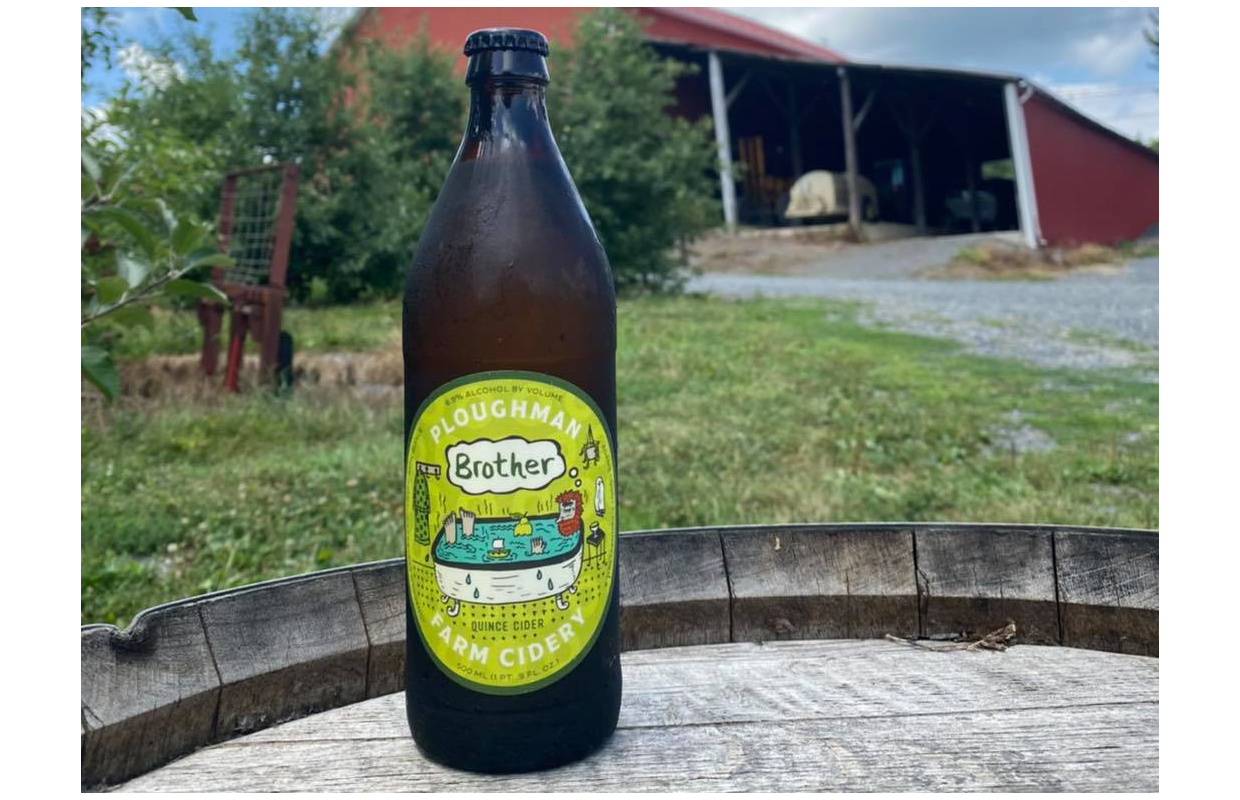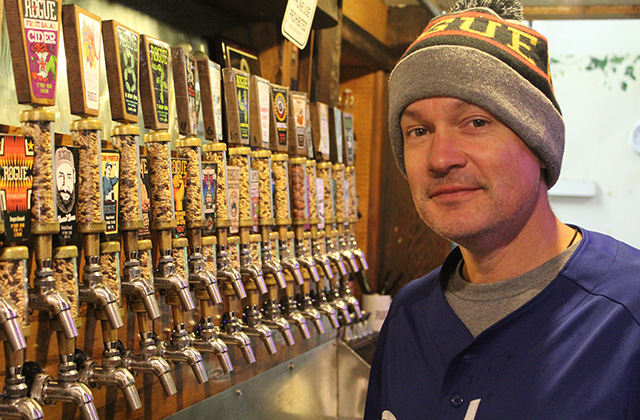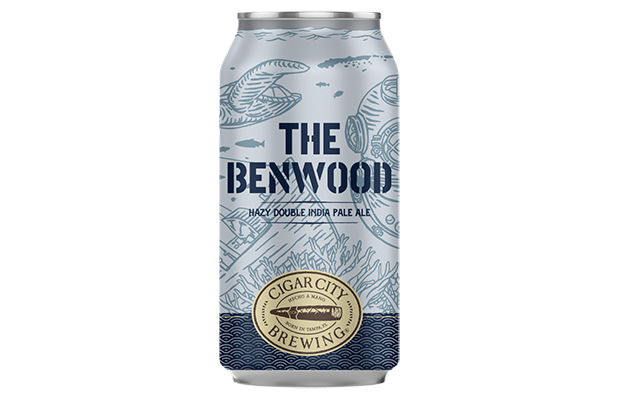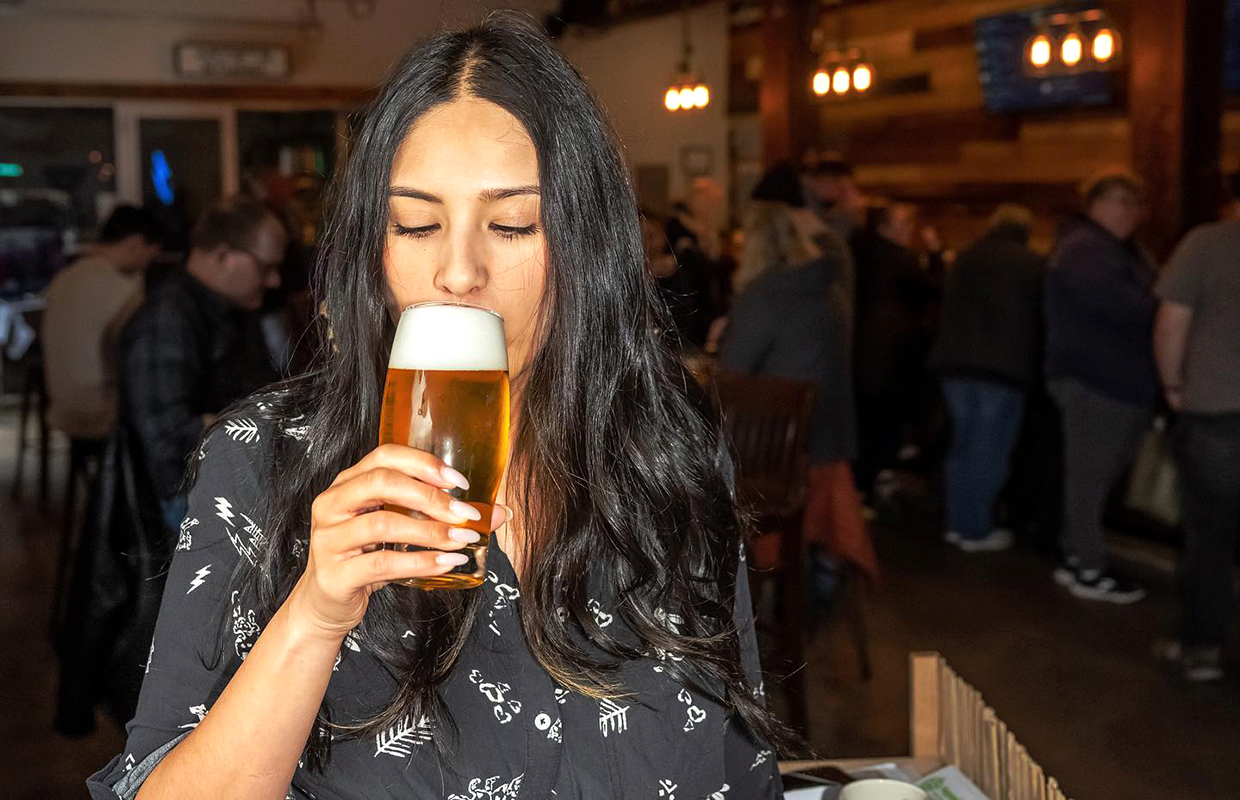
In cider sales, storytelling can drive the company. If the cider industry is going to grow into a flourishing part of the world of craft beverages, it has to find ways to share its story that engages and informs consumers.
Many farm-based cideries find ways to tell the tale and have continued to further those elements of storytelling to help both sales and the education of the drinking public.
“This bit of storytelling is essential to what we do — it’s everything for us,” said Ploughman Cider owner Ben Wenk. “I’ll often make a comparison; that everyone knows it’s foolish to buy seedless grapes at a grocery store and start making wine.
“What they don’t understand is that’s the model for 90% — or so — of the cider made and sold in the US.”
Wenk said that having complete control of the product, starting with growing the raw ingredient as a farm/cidery makes a difference in the finished product.
“If people are eating up that conversation, then we can start nerding out on tannins and why their palette craves bitterness, even though we don’t talk about it often,” he said.
Peter Yi of Brooklyn Cider House said the cidery’s motto is “ugly apples taste better.”
Yi, who is the founder and Cidermaker at Brooklyn Cider House, uses heirlooms like Golden Russet, Northern Spy, or Roxbury Russet along with cider varieties like Kingston Black or Dabinett for the New York cidery while steering clear from sweet apples at Twin Star Orchards.
“We are mainly looking for acid and tannins in the apples we use,” he said. “The only exception I can think of is Granny Smiths, which we used in the past, but those are pretty high acid for a dessert apple.
“Some of our heirlooms actually have higher Brix than dessert apples so it’s more about the balance of acid and sweetness than just sugar.”
Yi said the key is to get people to taste the cider with the Brooklyn Cider House team members and help them learn about the types of apples used.
“I love sharing my passion for cider with consumers,” he said.
The tasting room at Twin Star Orchards in New Paltz, New York has a lot of eating apples on the property, but they are not used in cider production. In 2017, Yi said they planted 8,000 heirloom and cider apple trees and they are close to maturing.
“This coming fall, we will have cider and heirloom apples for consumers to taste,” he said. “This will help people learn more about our style of cider.”




Be the first to comment